How to Choose the Best Taxi Dispatch Software for Your Taxi Business
Managing a taxi business can be challenging when outdated dispatch systems lead to delays, frustrated customers, and mounting operational costs.
Ebenezer Jose
Feb 17, 2025Taxi booking software is an application used to offer a platform for transportation hailing where clients can easily hire cars and get an appropriate driver ready to take them to the desired destination. Besides enabling customers to order pickups from their preferred locations, this technology solution addresses traditional manual dispatching by providing an automated form of hailing taxis.
The history of cab booking applications began in the early 2000s and initially aimed at enhancing taxi dispatchers’ communications with drivers. Yet it took a long time to gain popularity which was seen with the introduction of new ride hailing platforms such as Uber in the year 2009.

The quick growth and the subsequent advancement of such platforms immensely fostered the advancement of the taxi booking software, making it an essential tool for taxi operations worldwide.
In the present world, the taxi booking system is more than the technology layer; it’s an essential tool that could be the backbone of the new age taxi companies. This software has enhanced the efficiency of the taxi service through GPS tracking, in-app payments, and automatic dispatch, and this has had an overall impact of improved satisfaction of riders and higher turnover on the side of the taxi service providers.
The introduction of taxi booking system has had a significant impact on the overall user experience. Modern-day taxi businesses strive to prioritize customer satisfaction, and by utilizing such software, companies can greatly enhance the level of comfort.
Another significant advantage of incorporating this software into the operations of a taxi business is an improvement in the usability or the end-user’s experience. Several factors contribute to this improved experience:
One of the most significant benefits of taxi online booking system is its convenience. Customers no longer have to face the hassles of traditional taxi hailing methods. A simple tap on the application allows them to order a ride which is easy and convenient.
The other major advantage that is likely to be realized through use of taxi booking software is trackability. Software systems provide real-time tracking features that allow customers to accurately track the location of their booked taxi. This feature reduces concerns over punctuality and potentially long wait times.
Taxi booking system includes built-in features for the customers to leave feedback and write reviews about their rides. This particular method of communication helps businesses to know their performance and make any adjustment if need be.
Today’s cab booking softwares are easy to use for everyone, including customers who have some disabilities. It is very easy to navigate around the app and gesture used is very important and selections like text-to-speech and other forms of accessibility features, make sure that every person to use the service comfortably.
This feature allows customers to book rides as and when needed, without any pre-booking constraints. This flexibility is valued by customers and contributes significantly to the improvement of their overall satisfaction.
Through the adoption of ride hailing platforms companies improves operational efficiency and can easily control costs, which remain key factors to success of modern day taxi companies.
The key advantages in terms of operational efficiency can be observed in two fundamental aspects: automation of tasks and real-time tracking for improved dispatch.
The introduction of software solutions into the taxi business accelerates task execution through automation. Functions including those of assigning drivers to their duties, or estimating fares, which may otherwise would demand a lot of time, are done automatically, hence increasing the overall speed of operations. It eliminates redundancy, prevents errors, and enhances service delivery, ultimately contributing to increased operational efficiency.
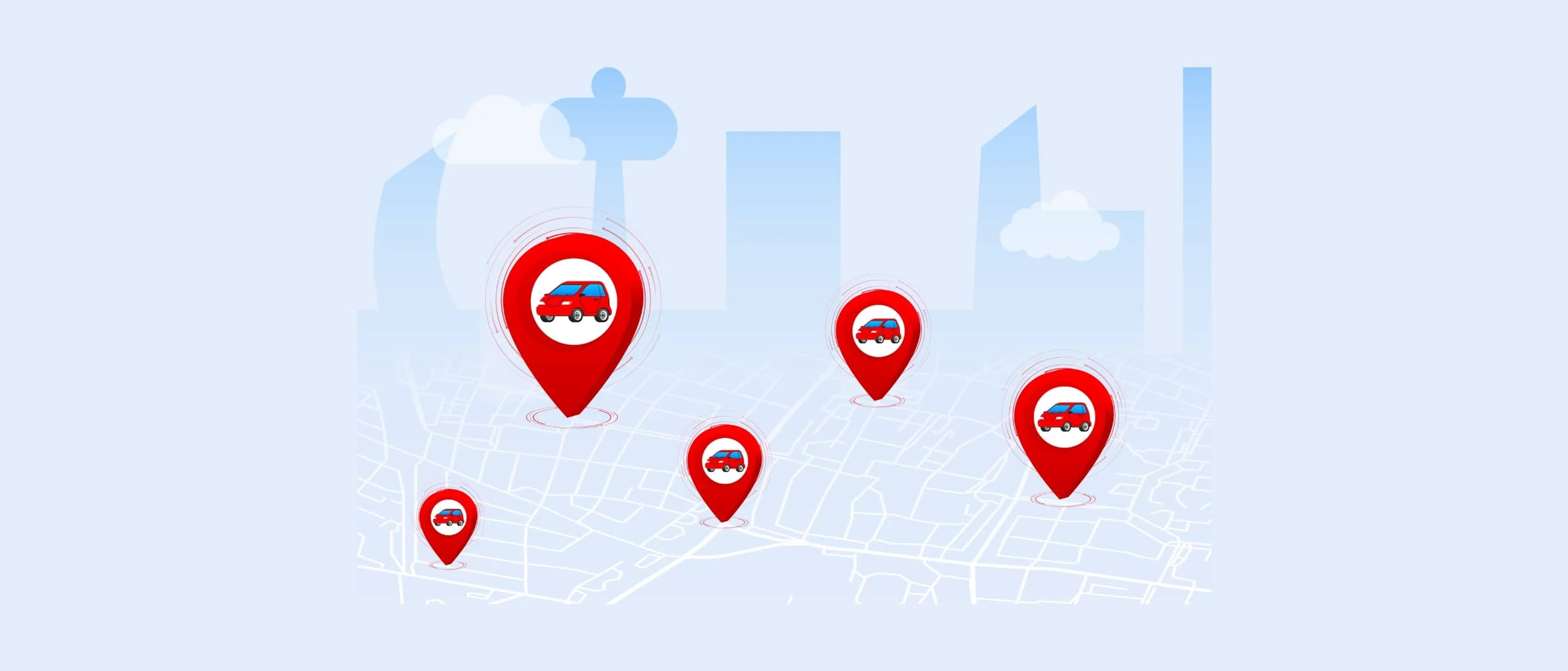
Taxi online booking system incorporates real-time tracking features, resulting in a more efficient dispatch system. This has the capability of tracking taxi fleets in real time so that a dispatcher can assign a nearby, available taxi to a customer. Through real-time visualization of taxi and customer movement data, businesses can make tremendous progress in minimizing wait time and even increase customer satisfaction.
The cab booking software solutions targeted for taxi businesses play a substantial role in strategic cost management. It helps in their reduction of employee needs and decreases empty runs, thereby optimizing expenses.
With job functions such as booking, dispatching, and fare calculation getting automated, the need for human intervention is limited and thus, the requisite staff strength significantly decreases. This reduction in workforce requirements substantially mitigates overhead expenses, paving the way for more cost-effective business operations.
Taxi booking software's real-time tracking affords businesses the advantage of minimizing empty taxi runs. Fleet managers can keep track of where each of their company’s vehicles is located in real-time, can therefore dispatch pickups and drop offs in a way that greatly reduces dead mileage, thereby directly contributing to where fuel costs are concerned.
With the help of an efficient taxi booking and dispatch system, businesses have at their disposal a number of tools to work more effectively and make more confident decisions. Such software solutions make it possible to watch daily business operations as well as guarantee that enterprises can grow in the right manner to meet the increasing demands.
Taxi booking software offers features like real-time tracking, ride assignment and scheduling, and driver feedback systems. These allow business owners to gain oversight into their fleet’s operations. Errors and operational inefficiencies can be identified and rectified, and driver accountability can be improved, leading to enhanced service quality. This strengthens the reputation of the taxi business and increases customer satisfaction.
When it comes to growth and expansion, the role of taxi booking and dispatch system cannot be overemphasized. Software solutions help facilitate two critical aspects of scaling: regional scaling and fleet size expansion.
The software lets the firms spread their services to new territories and regions for the efficient management of taxi dispatch and bookings thereby it provides the opportunity for managers to even cover those areas where they cannot set up their offices. With the aid of automatic dispatch features, taxi businesses can ensure timely delivery of services in newly covered areas, enhancing their reach and scope.
As the number of vehicles in a taxi company's fleet increases, the challenges of oversight, maintenance, and operational efficiency can rise exponentially. However, taxi booking systems can handle these concerns effectively. It allows easy tracking and management of a larger fleet, seamless assignment of drivers, and simplified communication channels. Through these features, an expanding fleet size does not compromise deliverance of quality service.
Data analytics play a pivotal role in transforming taxi businesses into smarter, more efficient operations. By acquiring high-quality rich data, businesses can gain invaluable insights into their operations and markets.
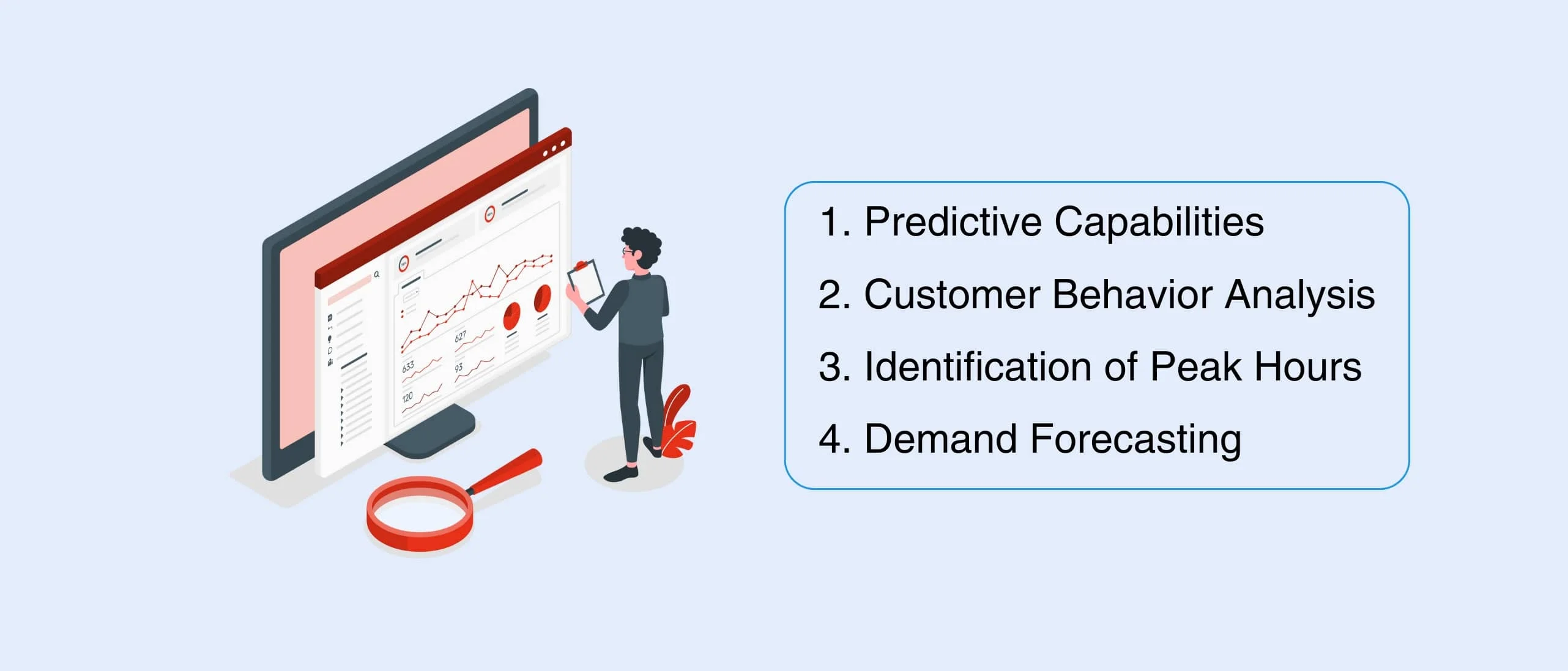
The application of data analytics in taxi businesses delivers significant benefits in two primary areas: predictive capabilities and customer profile behavior analysis.
Data analytics provides predictive capabilities that help taxi businesses plan ahead. By analyzing historical data, businesses can predict peak times for demand, likely routes, and anticipate operational challenges. This allows businesses to manage resources effectively, provide timely services, and consequently, increase revenues.
Data analytics can also be useful in gaining an insight into customer behavior. As mentioned, analyzing factors such as fare variation, trip frequency, preferred routes, and feedback, businesses gain insights into customer preferences and satisfaction. This knowledge serves to guide service improvements and tailor offerings to customer needs, often resulting in increasedloyalty and customer retention.
In addition, data analytics plays a significant role in assisting organizations in developing business insights. More importantly, it facilitates the identification of peak hours and enables effective demand forecasting.
Analyzing historical data sets can provide businesses with an understanding of their busiest periods. Whether this means regular weekday rush hours, weekend spikes, or seasonal patterns, such granular insights into peak hours can equip businesses to optimize scheduling and service delivery.
Data analytics also assists taxi companies in forecasting demand variations. This means that one can use factors such as time of the day, days of the week, holidays, seasonality, and even climatic conditions in demand forecasting. These forecasts also help businesses to manage supply and demand requirements in order to provide better customer service and business performance.
In sum, data analytics, when applied correctly, provides an opportunity for taxi businesses to operate more intelligently. By using data for predictive analysis and the generation of practical business insights, businesses are thus more capable of meeting customer expectations in an increasingly competitive marketplace.
There is no doubt that the software used in booking taxis has the priceless value that makes it an essential application in the taxi business’s daily running. It assists in the management of bookings through live tracking of vehicles, computation of auto fare and other charges, integrated payment function, latest information of drivers, and features tailored to a company’s needs.
Resisting the adaptation of technology, specifically taxi booking software, could potentially have significant economic implications. Taxi companies may encounter reduced efficiency in caused by slower booking times and manual dispatch systems. As a result, there is a possibility to have a negative impact on the level of customer satisfaction, which in turn, can negatively affect overall profitability.
Take the first step towards a more efficient and customer-centric taxi business. Contact us today to learn more about our comprehensive taxi booking software and how it can revolutionize your operations.
Blog
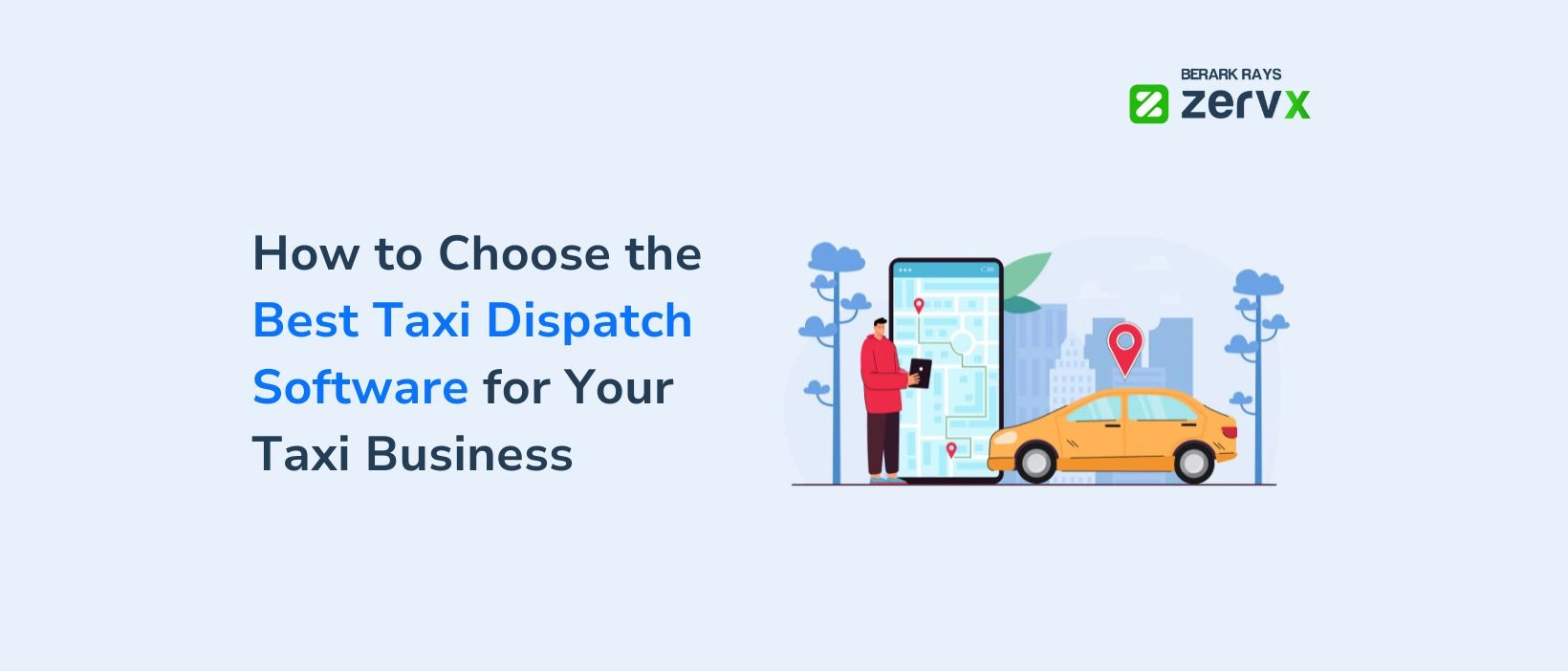
Managing a taxi business can be challenging when outdated dispatch systems lead to delays, frustrated customers, and mounting operational costs.
Ebenezer Jose
Feb 17, 2025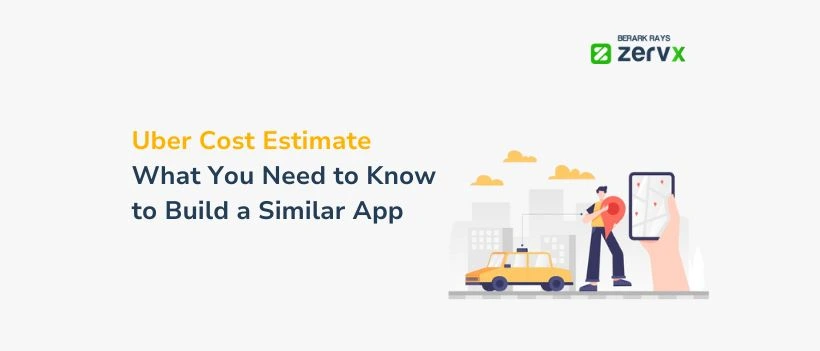
Uber is a name almost everyone around the world knows. It started with humble beginnings as a small startup in 2009, founded by San Francisco entrepreneurs Travis Kalanick and Garrett Camp.
John Sibin Raj
Dec 27, 2024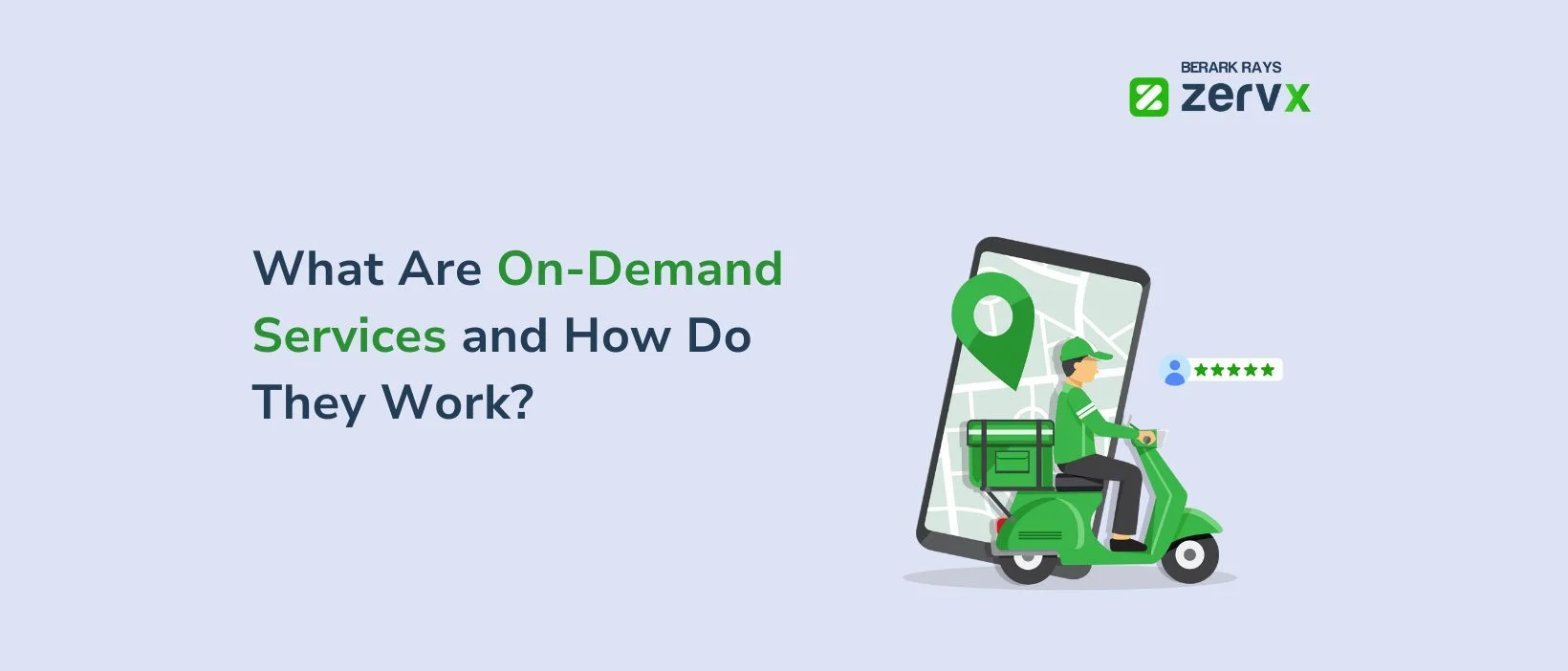
On-demand services have become a big part of our lives today. They make it easy to get things like food, rides, or home services with just a few clicks on your phone. But what exactly are these on-demand services, and why are they becoming so popular?
John Sibin Raj
May 28, 2023